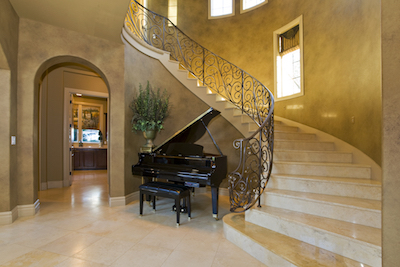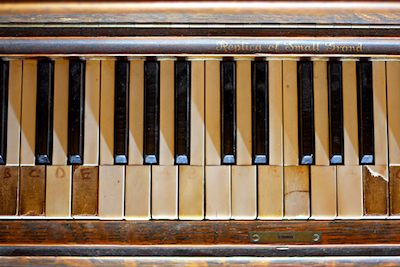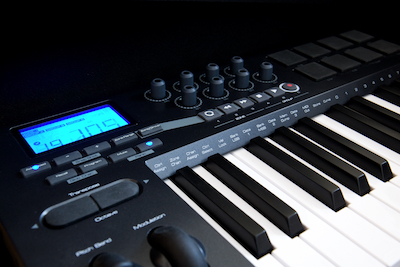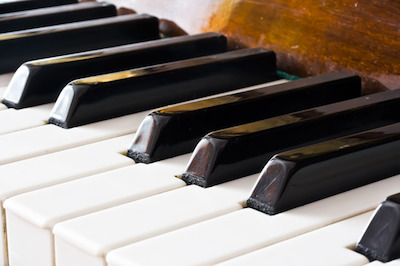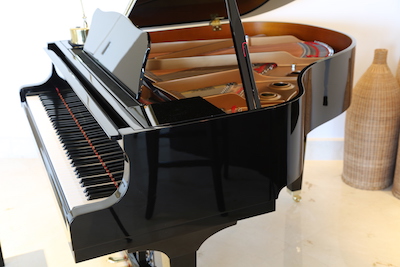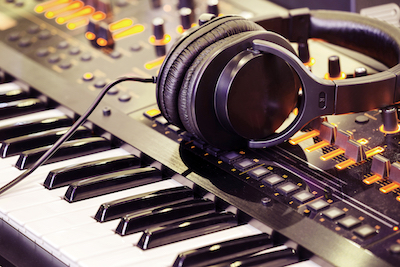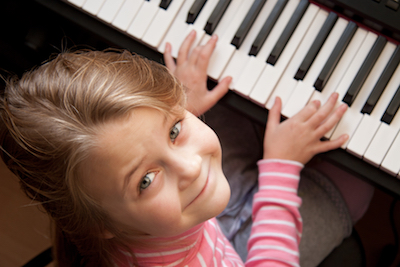Most people learn the piano for entertainment. They have a desire to create beautiful music, and playing the piano is the perfect way to accomplish that goal.
But playing the piano offers a whole lot more. When you come home after a hectic day at work, sitting down at the piano is a great way to reduce stress. Just touching the keys can soothe your soul and make the knots in your neck go away.
It can also exercise your brain. There’s a lot of action going on when you challenge yourself to read a new piece of music. Your brain must communicate with your fingers where the notes are, and how to put them all together to create the sounds that you hear. 
What was once thought to be strictly entertainment, now has been proved to be therapeutic too.
It’s well documented that playing the piano helps older adults stay active and alert. It can protect against certain illnesses, such as dementia and Alzheimer’s.
It’s also beneficial for children to learn, as it stimulates the part of the brain that controls fine motor skills, reasoning, memory, and speech. Want to help a child do better on their test scores as they age? Introduce them to the piano early on in life. It works. There’s even documentation that shows music majors make some of the best medical school students. It gives kids a special awareness for both self-discipline and determination for how things connect in this world.
What’s more, kids that continue to play the piano are shown to have more self-esteem, show a greater sense of pride in accomplishment, and are more likely to participate in other physical activities. The hand-eye coordination vastly improves when learning the piano, thanks to the need to develop skill and technique to connect both hands and visual processing when moving from a sheet of music to the keyboard, and back again.
Because the piano has an 88 key playing board, it is the broadest musical instrument you can play. It plays the melody and the accompaniment and allows composers to create for every other type of instrument available.
Are you ready to bring the piano into your life?
